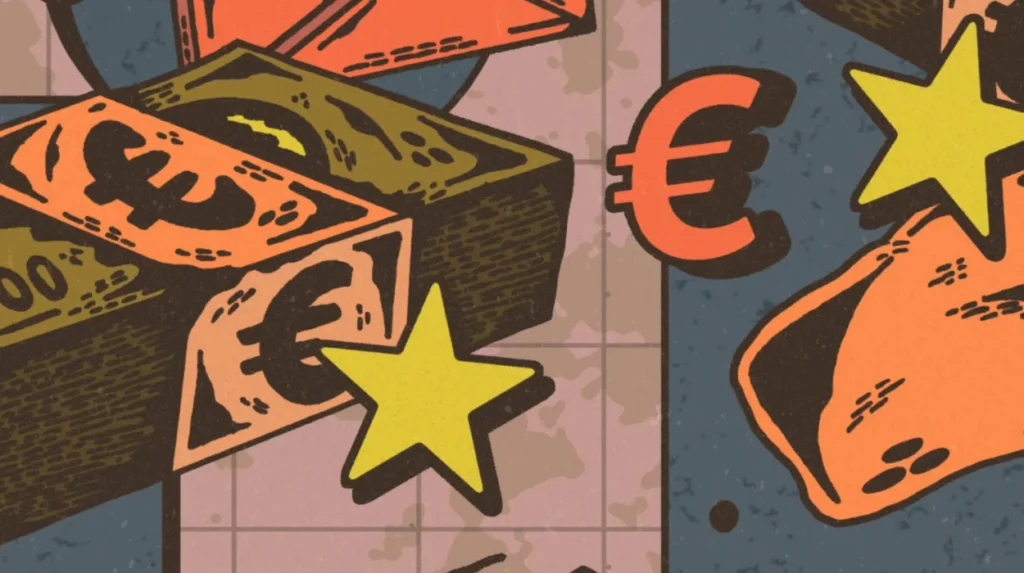The European Parliament’s ongoing debate over the immunity of Members of the European Parliament (MEPs) has sharply exposed deepening fractures within the institution. This contentious issue, traditionally a safeguard protecting MEPs from politically motivated prosecutions, has now become a flashpoint reflecting broader tensions over transparency, accountability, and political strategy. As parliamentarians clash over immunity waivers, the episode sheds light on the evolving nature of European democratic governance and the challenges of balancing legal protections with public scrutiny.
The Immunity Debate: Origins and Stakes
MEP immunity protects parliamentarians from legal proceedings related to their speeches, votes, and activities in Parliament. This immunity is generally designed to preserve parliamentary independence and prevent external interference in legislative duties. However, it also includes a broader scope, sometimes shielding MEPs from national court actions outside of parliamentary functions unless expressly waived.
The current controversy began when requests for waivers of immunity escalated in politically sensitive contexts, including investigations into alleged corruption, misuse of funds, and conflicts of interest involving lawmakers. Some MEPs and citizen watchdog groups argue that immunity should not be a cloak for impunity. At the same time, others warn against the risk of weaponizing immunity processes to target political opponents, undermining democratic representation.
Critics of strict immunity highlight cases where investigations have dragged on without resolution, frustrating demands for accountability.
“The integrity of the institution depends on balancing protection with transparency,”
said a senior MEP advocating reform,
“We must ensure that no one is above the law while preserving legislative independence.”
On the other hand, defenders stress the importance of immunity to defend Parliament’s prerogatives.
argued another lawmaker deeply involved in immunity policy discussions.
“Immunity is fundamental to safeguard MEPs from harassment and politically motivated cases,”
Factional Divides Deepen in Plenary Sessions
Recent plenary sessions have become arenas of heated exchanges as divisions deepen not just between political groups but also within them. On one side, liberal and progressive factions have advocated for tighter controls and expedited processes for reviewing immunity lifting requests. They underscore public frustration over perceived parliamentary secrecy and call for clearer guidelines.
Meanwhile, conservative and eurosceptic groups have voiced concerns about potential abuse of the immunity waiver mechanism by prosecutors influenced by national or political agendas. Some argue that the Parliament risks eroding member rights if protections are diluted. A prominent member of a right-wing faction commented,
“Weakening immunity risks opening the door to politicized prosecutions that threaten the core democratic principle of parliamentary freedom.”
Further complicating the debate are recent high-profile cases where MEPs from multiple countries have been implicated in financial irregularities. These cases have drawn national media attention and sparked demanding calls for transparency from European civil society organisations.
Legal and Political Implications
The legal framework governing MEP immunity is set out in EU Treaties and parliamentary rules but leaves significant discretionary powers to Parliament’s Committee on Legal Affairs (JURI). This committee examines immunity waiver requests and makes recommendations to the plenary for approval. However, criticism has arisen over perceived inconsistencies and political considerations influencing decisions.
Observers note the challenge of balancing respect for national judicial systems with the sovereignty of the European legislature. Some national courts have criticized slow or reluctant responses from Parliament when lifting immunity, seen as undermining justice. Conversely, the Parliament has at times pushed back against judicial overreach perceived as threatening its autonomy.
A legal expert on EU institutional law underscored the dilemma, stating,
“MEP immunity occupies a complex intersection of legal, political and institutional interests, where the lines between protection and privilege must be carefully navigated.”
He added that recent pressures reflect evolving expectations for political accountability in the digital age.
Calls for Reform and Transparency
In response to growing public scrutiny and media coverage, several MEPs have put forward proposals aiming to reform the immunity process. Suggested reforms include establishing clearer and faster procedures for reviewing immunity waiver applications and enhancing transparency by regularly publishing decisions and justifications.
Civil society groups focused on anti-corruption and transparency have voiced strong support for such reforms, seeing them as crucial to restoring public trust in EU institutions.
“Closing immunity loopholes is essential to ensure accountability and prevent abuses of office,”
stated a representative of a Europe-wide watchdog coalition.
However, attempts at reform face stiff opposition from some quarters within Parliament resistant to changes perceived as weakening institutional protections. This tension points to broader questions about EU democratic legitimacy and how far institutions should adapt to public demands for openness.
Political Fallout and Future Prospects
The debate over immunity has not only underscored divisions within Parliament’s political groups but has also affected relationships between EU institutions and national governments. Some member states view the Parliament’s handling of immunity as insufficiently cooperative, raising tensions in inter-institutional dialogues. Others argue that national authorities must respect parliamentary prerogatives to avoid politicizing justice.
Amid these complexities, the issue remains a barometer of larger governance challenges faced by the European Union, including the need to reconcile national interests with European integration goals. Polling data from recent months show citizens increasingly concerned over political accountability and corruption at all levels of government, adding further pressure on MEPs.
Looking ahead, the evolving parliamentary immunity debate will likely continue to generate intense scrutiny and negotiation, requiring careful balancing of democratic principles, legal safeguards, and public expectations.







